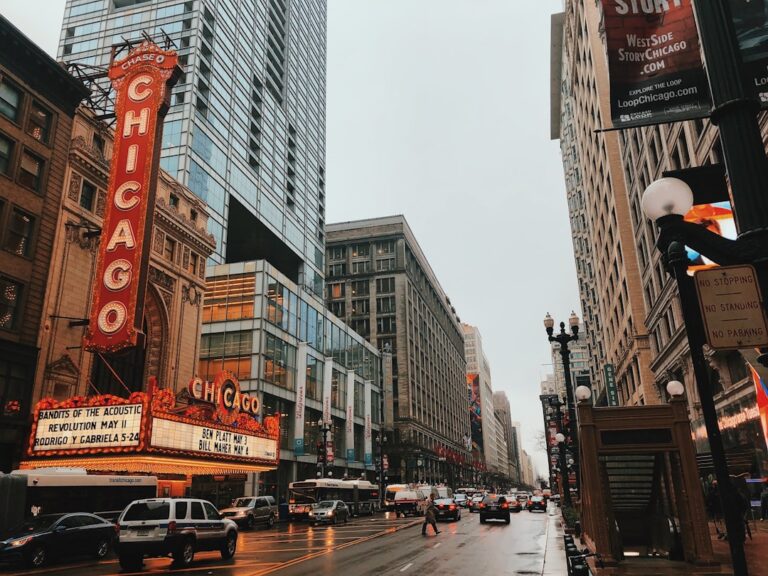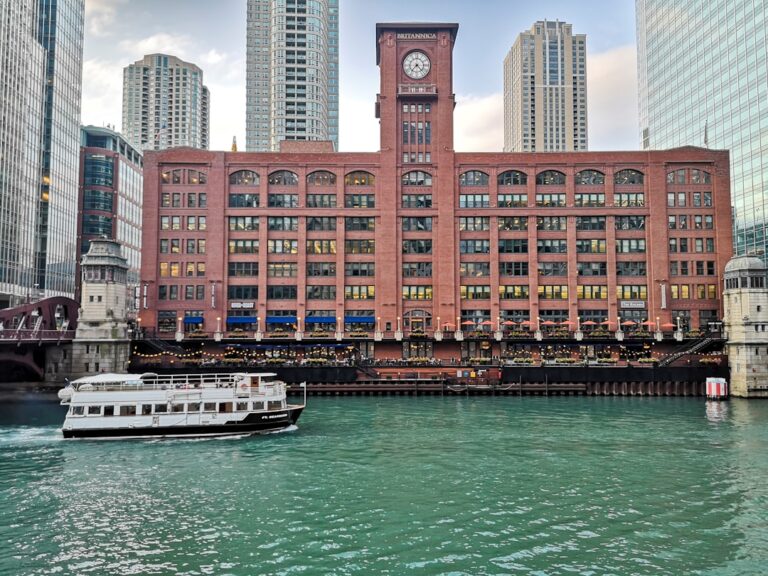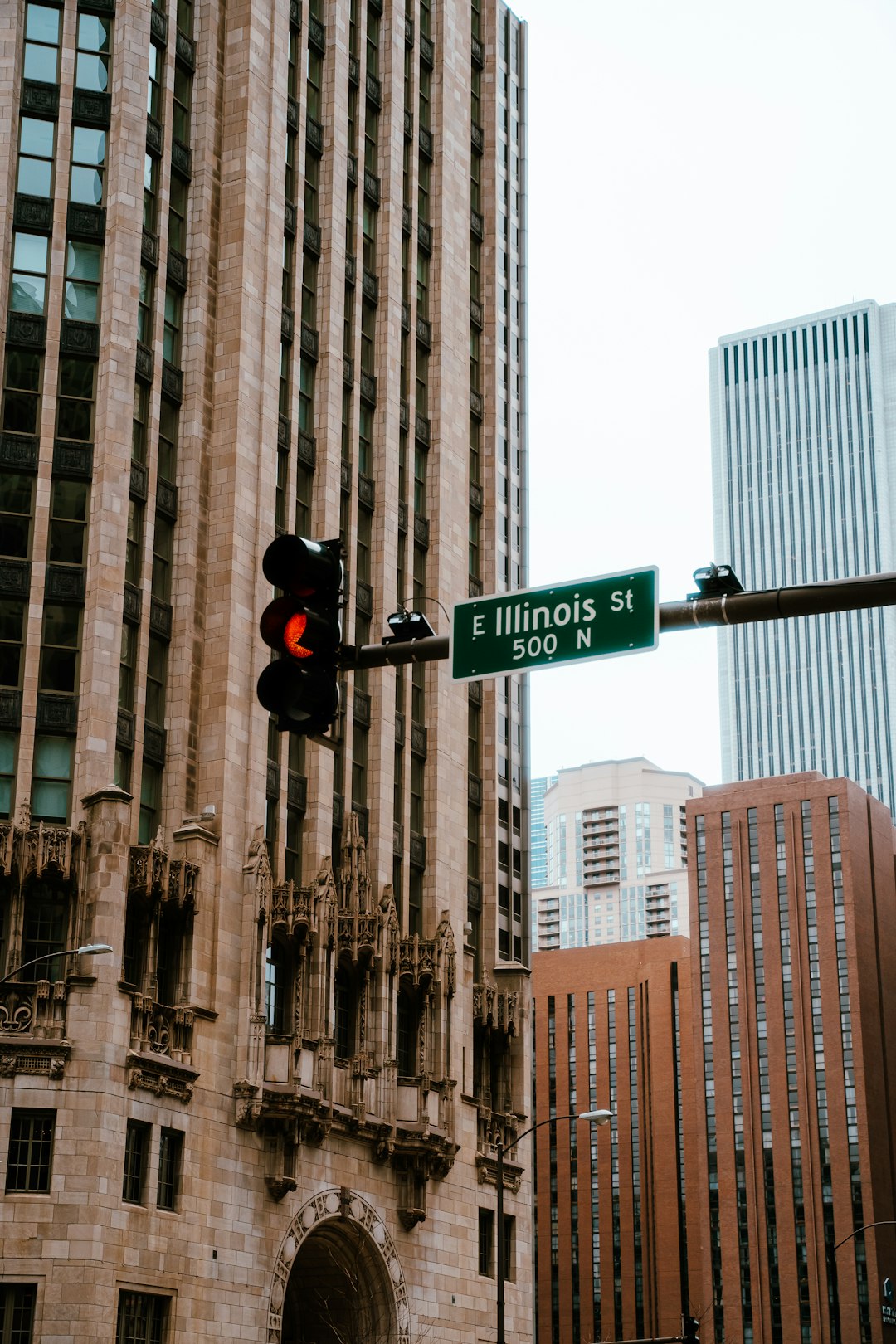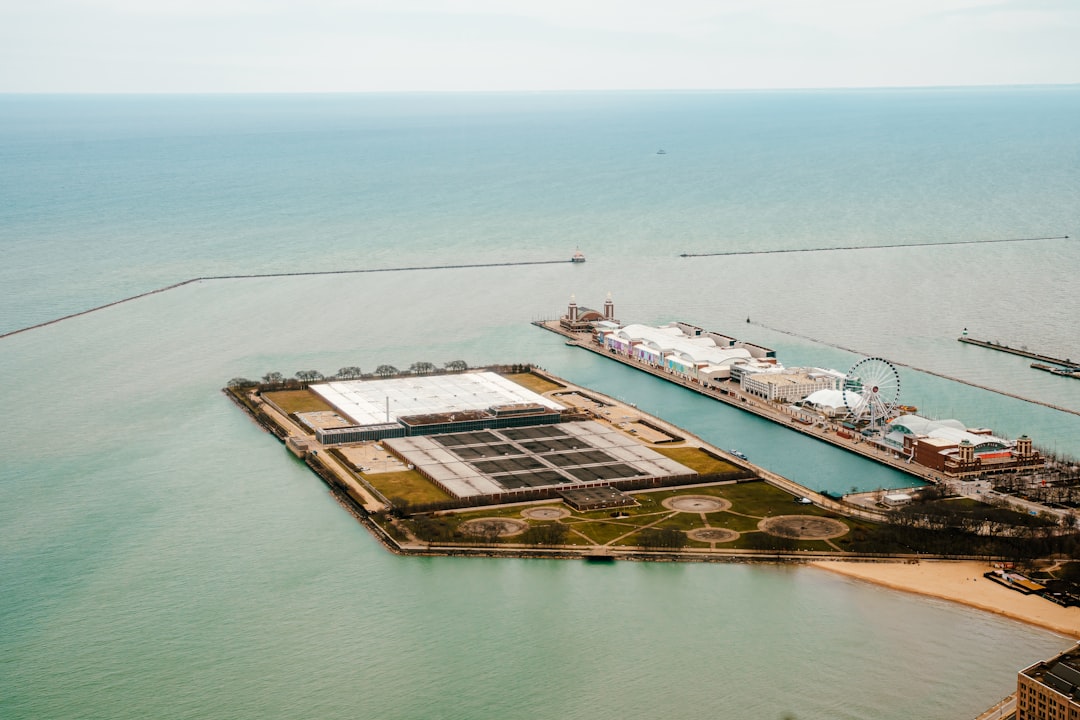In Illinois, no call law firms help businesses comply with TCPA regulations against automated marketing calls, avoid penalties, and maintain customer trust. These firms also guide companies on data privacy rules, such as GDPR and state-specific laws, which impact industries handling large datasets. No-call laws have transformed phone interactions, balancing consumer privacy and business marketing freedom, while no call law firms in Illinois play a crucial role in this balance's enforcement.
In East Peoria, the intersection of no-call laws and data privacy regulations presents a complex landscape for businesses and consumers alike. This article delves into these critical legal frameworks, offering a comprehensive understanding of Illinois’ no-call laws and their convergence with data privacy standards. We explore how these regulations affect business practices, consumer rights, and the potential legal implications for firms operating in this region. By examining these key aspects, residents and businesses can better navigate the evolving legal landscape, ensuring compliance and protecting sensitive data. Discover more about no call law firms Illinois and their role in this dynamic environment.
Understanding No Call Laws in Illinois

In Illinois, no call laws are designed to protect residents from unwanted phone solicitations and marketing calls. These regulations restrict companies and organizations from making automated or prerecorded calls to individuals who have not given explicit consent. No call law firms in Illinois play a crucial role in ensuring these laws are adhered to, helping businesses avoid penalties and fostering a culture of respectful communication.
Under the Telephone Consumer Protection Act (TCPA), residents can file complaints against violators, leading to substantial financial penalties. Businesses must obtain explicit consent before making marketing calls, which can be done through opt-in forms, text messages, or direct agreement during interactions. No call law firms offer guidance on best practices and legal support to help companies navigate these regulations, ensuring compliance and maintaining customer trust.
Data Privacy Regulations: A Brief Overview

In recent years, data privacy has become a paramount concern across various industries, leading to stringent regulations designed to protect personal information. At the heart of this push is the growing awareness of how vast datasets can be exploited or misused, particularly in the hands of unscrupulous no call law firms in Illinois and elsewhere. Regulations like the General Data Protection Regulation (GDPR) in Europe have set global standards for data protection, emphasizing transparency, consent, and user control over personal information.
In the United States, individual states have been proactive in enacting their own data privacy laws, reflecting a growing understanding of the need to safeguard digital privacy. These regulations aim to give individuals more control over how their data is collected, used, and shared by businesses and organizations. By implementing stringent rules regarding data collection practices and enhancing consumer rights, these measures are significantly impacting industries that handle large volumes of personal information, including telemarketing and sales firms, who often fall under the scope of no call law provisions.
The Impact on Businesses and Consumers

In East Peoria, as across Illinois, the implementation of no-call laws has significantly altered the way businesses and consumers interact. These regulations restrict unsolicited phone calls, particularly from telemarketers, aiming to protect residents’ privacy and end unwanted marketing practices. For businesses, especially those in direct sales or customer service, this shift presents a challenge. Many legitimate companies rely on phone calls as their primary customer engagement tool, now they must navigate the complexities of obtaining proper consent and avoiding potential penalties from no-call law firms in Illinois.
Consumers benefit from increased control over their personal information and reduced disturbance at home. They are better protected against deceptive or aggressive sales tactics. However, consumers may also face challenges when legitimate offers or important service updates are blocked by these restrictions. Striking a balance between consumer privacy and business marketing freedom remains crucial, especially as data privacy regulations continue to evolve in the digital age.
Navigating the Intersection: Legal Implications

In East Peoria, as in many areas across Illinois, the interplay between no-call laws and data privacy regulations presents a complex legal landscape for businesses and consumers alike. Navigating this intersection requires a nuanced understanding of both state and federal guidelines, particularly with regard to telemarketing practices and consumer consent. No call law firms in Illinois play a crucial role here, offering expertise in ensuring compliance and safeguarding against potential legal repercussions.
These laws aim to protect individuals from unwanted calls, but they also raise questions about data collection and usage. For instance, what constitutes informed consent for marketing purposes? How do businesses legally obtain and document permission from callers? Resolving these issues is essential to avoid violations that could result in hefty fines or class-action lawsuits. Understanding the intricate relationship between privacy rights and business practices is therefore paramount for entities operating within Illinois’s legal framework.






